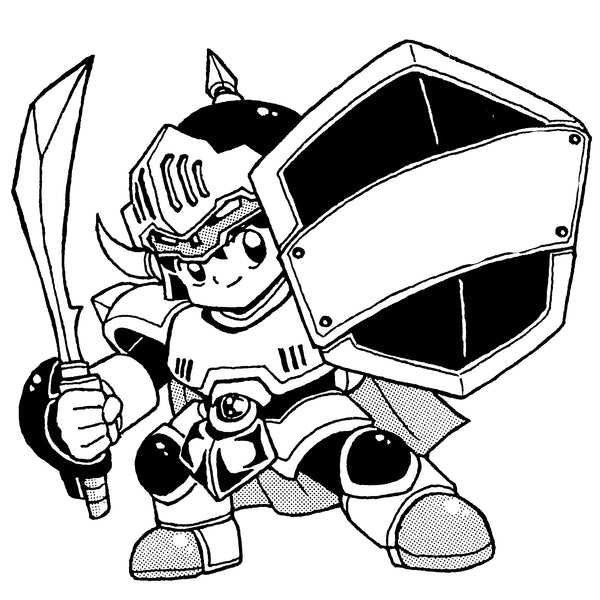
Part 1: A Champion's Philosophy
In 2001, as the PlayStation 2 reigned, the world awaited Nintendo's return. But what they revealed was not a powerful competitor, but a small, purple "cube." Its name: the Nintendo GameCube. Unable to play DVDs, its toy-like appearance was the polar opposite of the PS2. It was Nintendo's declaration of defiance: "We will go our own way." Their philosophy was "Tezawari" (the feel of it in your hands). The "joy" of the moment the player connects with the game world was more important than numbers on a spec sheet. This philosophy was embodied in launch titles like Luigi's Mansion and Pikmin, which were filled with the pure "essence of play."
Part 2: The Treasure of 21.74 Million
In the GameCube era, we explored meticulously crafted "miniature gardens" in games like Animal Crossing+. And with four controller ports built-in, the console's message was clear: "Play with your friends, face-to-face." We tested friendships in Super Smash Bros. Melee and screamed our lungs out in Mario Kart: Double Dash!!. Because they were challengers, Nintendo was incredibly "free," creating wonderfully endearing "inventions" like Donkey Konga and Chibi-Robo!. This glimmer of unique genius is why the GameCube remains a special "treasure" in our hearts.
Part 3: A Meaningful Defeat
Ultimately, the GameCube's sales figures were no match for the PS2. On paper, it was a "defeat." But Nintendo did not look away from this defeat. They confronted the question: "Why did our idea of 'fun' only reach a core group of fans?" In answering this, they found the key to the greatest turnaround in history: the Nintendo Wii and Nintendo DS. Without the "defeat" of the GameCube, the success of the Wii would not have existed. So, what was the true legacy left behind by this purple cube? It is something that cannot be measured by specs or sales figures. It is the "real experience of sitting side-by-side," something our modern era of online connections has slightly forgotten. Seeing your friend's expression, laughing out loud, getting genuinely frustrated. That irreplaceable time. The GameCube was not the conqueror of history. But for the 21.74 million people who loved it, it engraved the memory of that "real experience"—denser and more passionate than any other console—in their hearts. And that is the true "great achievement" accomplished by this lovable rebel.

![Used [Boxed & Refurbished] Nintendo GameCube Orange DOL-001 [NTSC-J] [NTSC-U/C] [Modified] - Tested & Working](http://enjoygamejapan.online/cdn/shop/files/P1019465.jpg?v=1757921045&width=640)
![Used [Boxed & Refurbished] Nintendo GameCube Orange DOL-001 [NTSC-J] [NTSC-U/C] [Modified] - Tested & Working](http://enjoygamejapan.online/cdn/shop/files/P1013369_ef1846de-11e8-40a0-81b7-b89763e6c9c0.jpg?v=1753962694&width=640)
![Used [Boxed & Refurbished] Nintendo GameCube Orange DOL-001 NTSC-J NTSC-U/C Modified + DAIRANTO SMASH BROTHERS DX - Tested & Working](http://enjoygamejapan.online/cdn/shop/files/P1019586.jpg?v=1757925571&width=640)
![Used [Console Only, Refurbished] Nintendo GameCube Orange DOL-001 [NTSC-J] [NTSC-U/C] [Modified]Enjoy Game Japan - Tested & Working](http://enjoygamejapan.online/cdn/shop/files/P6080082.jpg?v=1753963118&width=640)
![Used GameCube Orange (Enjoy Plus Pack) [Refurbished] Nintendo [NTSC-J] [NTSC-U/C] - Tested & Working](http://enjoygamejapan.online/cdn/shop/files/P1012542_512e2dd1-e009-407b-a8cf-fb2d7cdb9d36_1.jpg?v=1753962663&width=640)